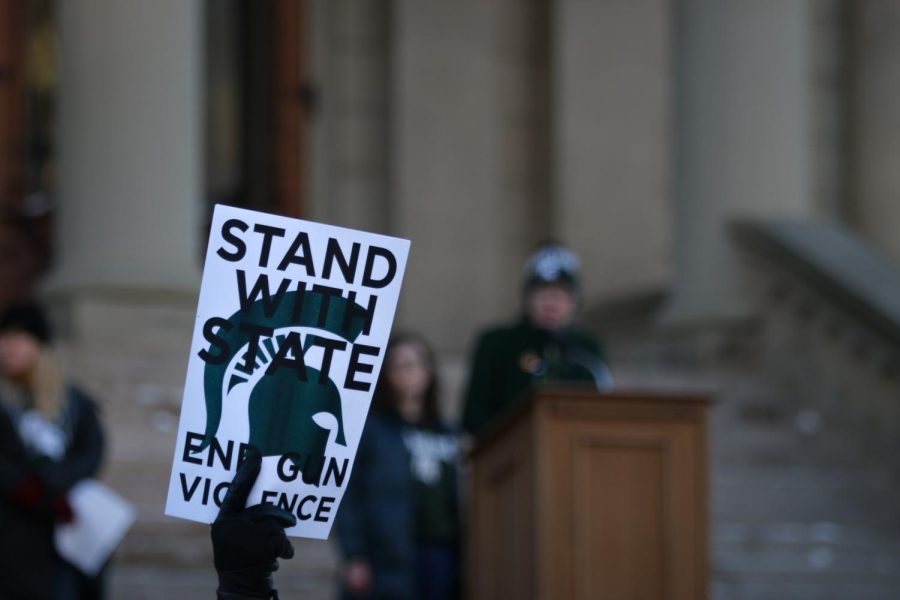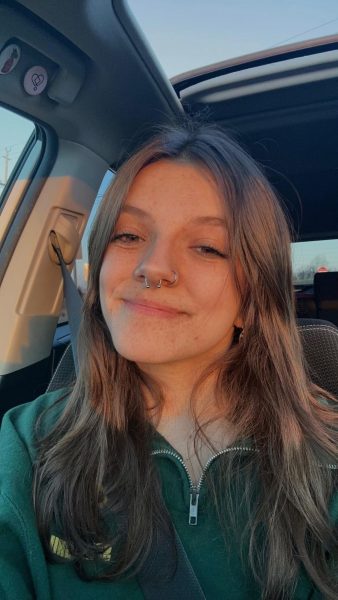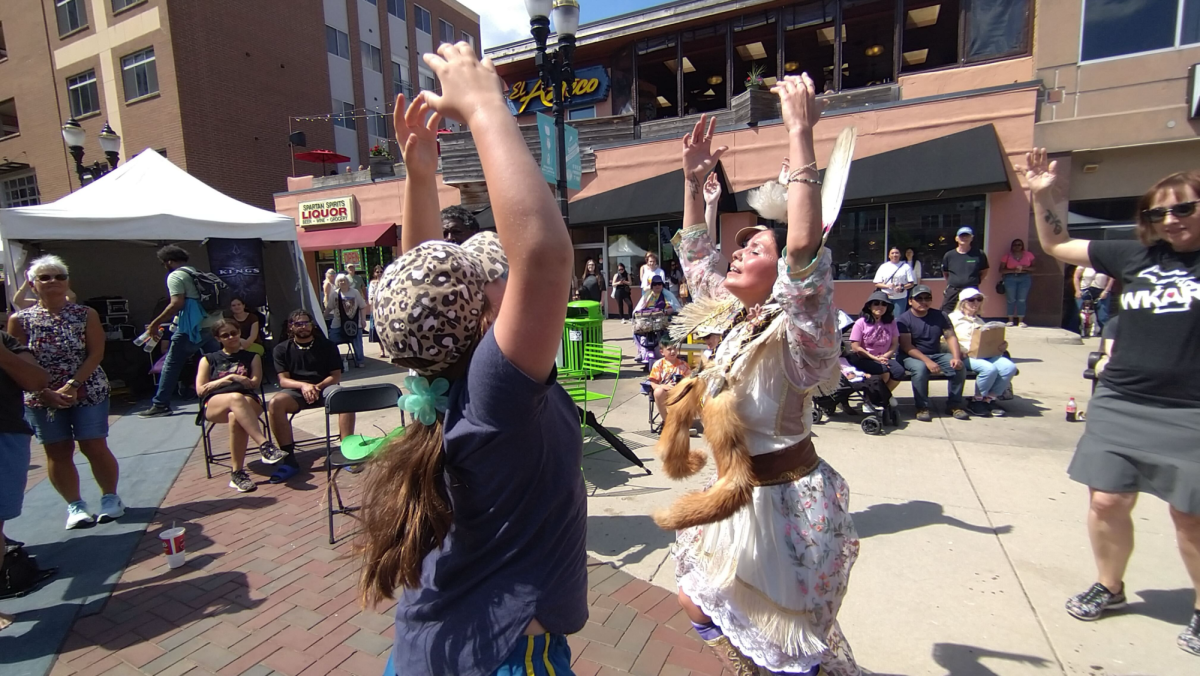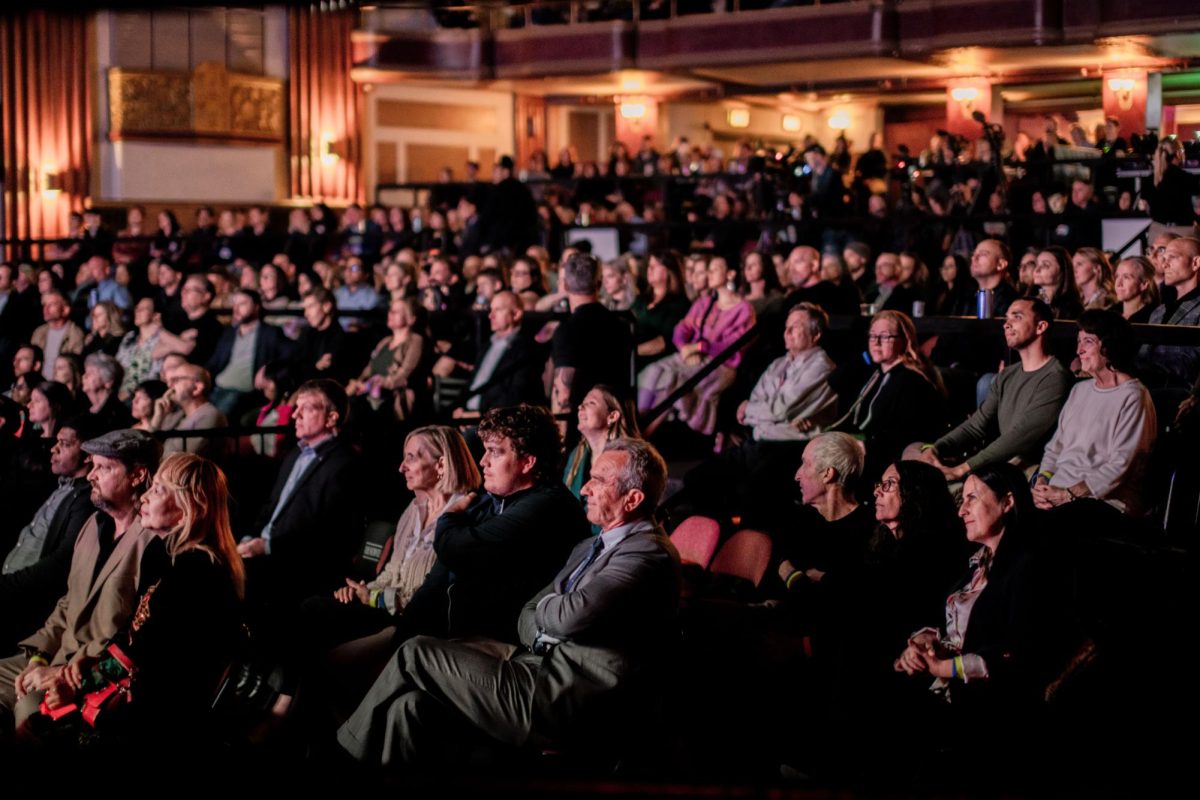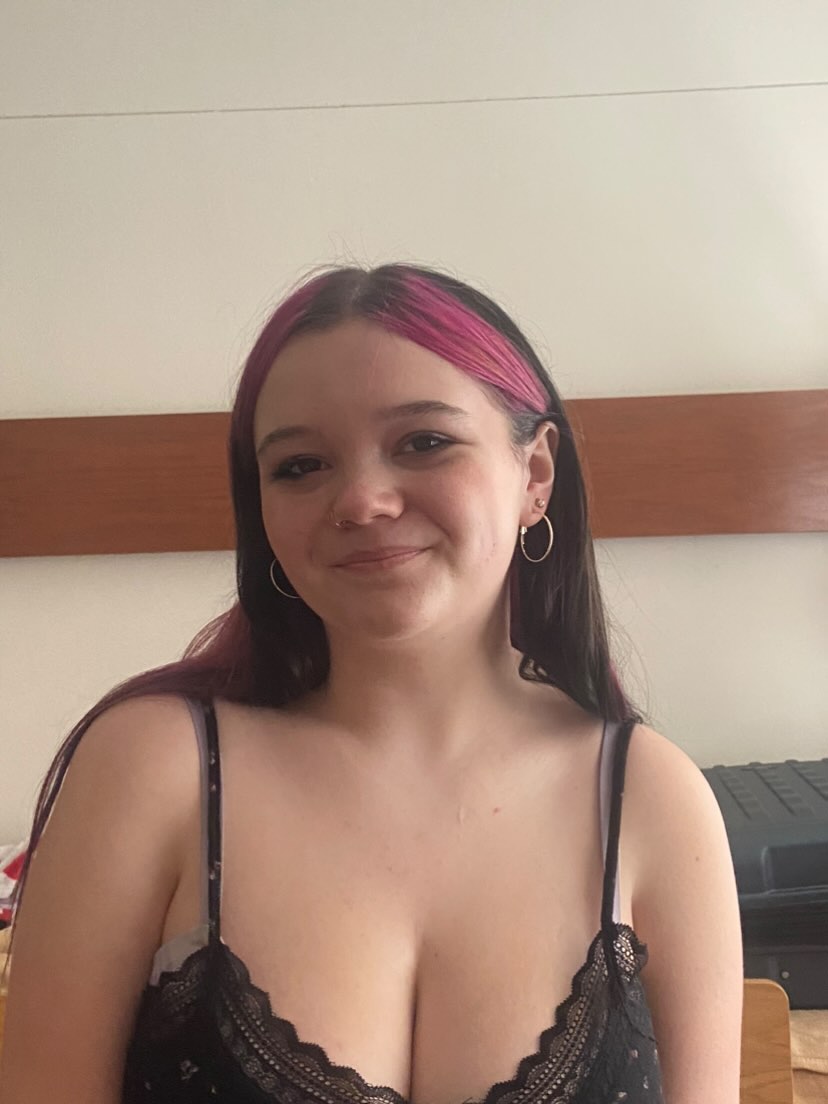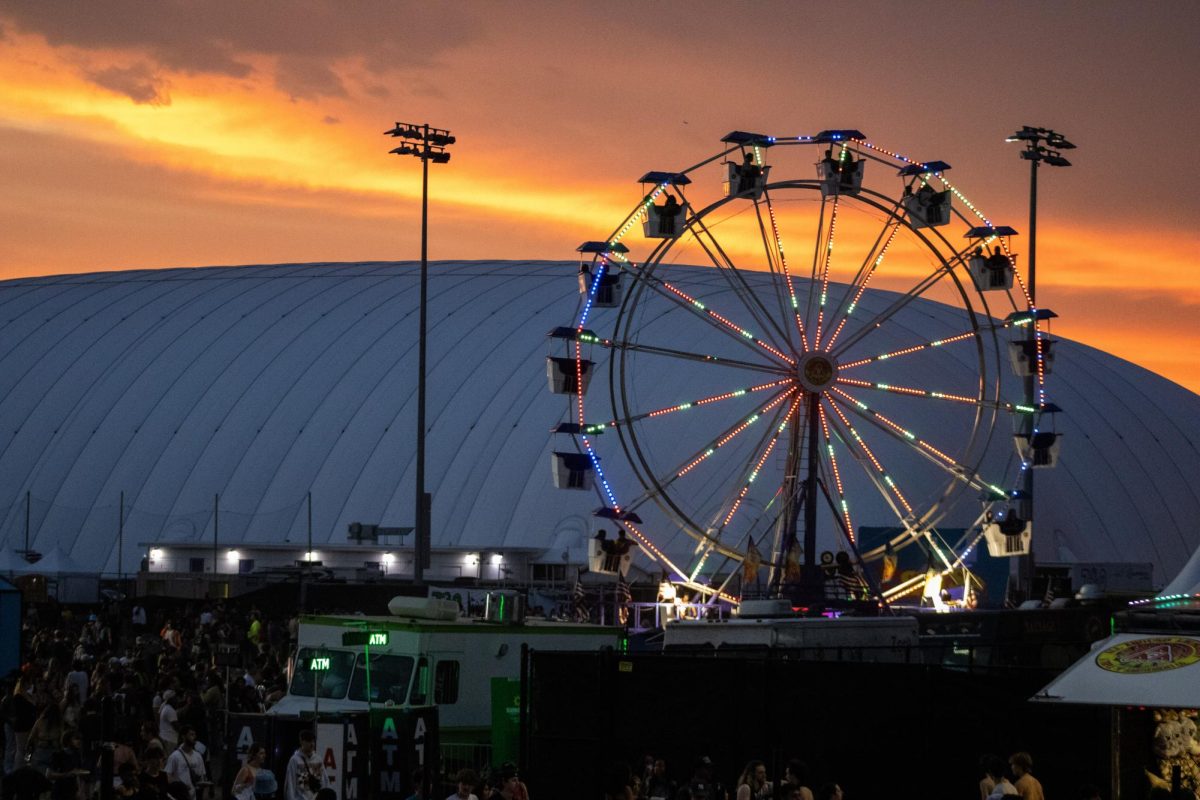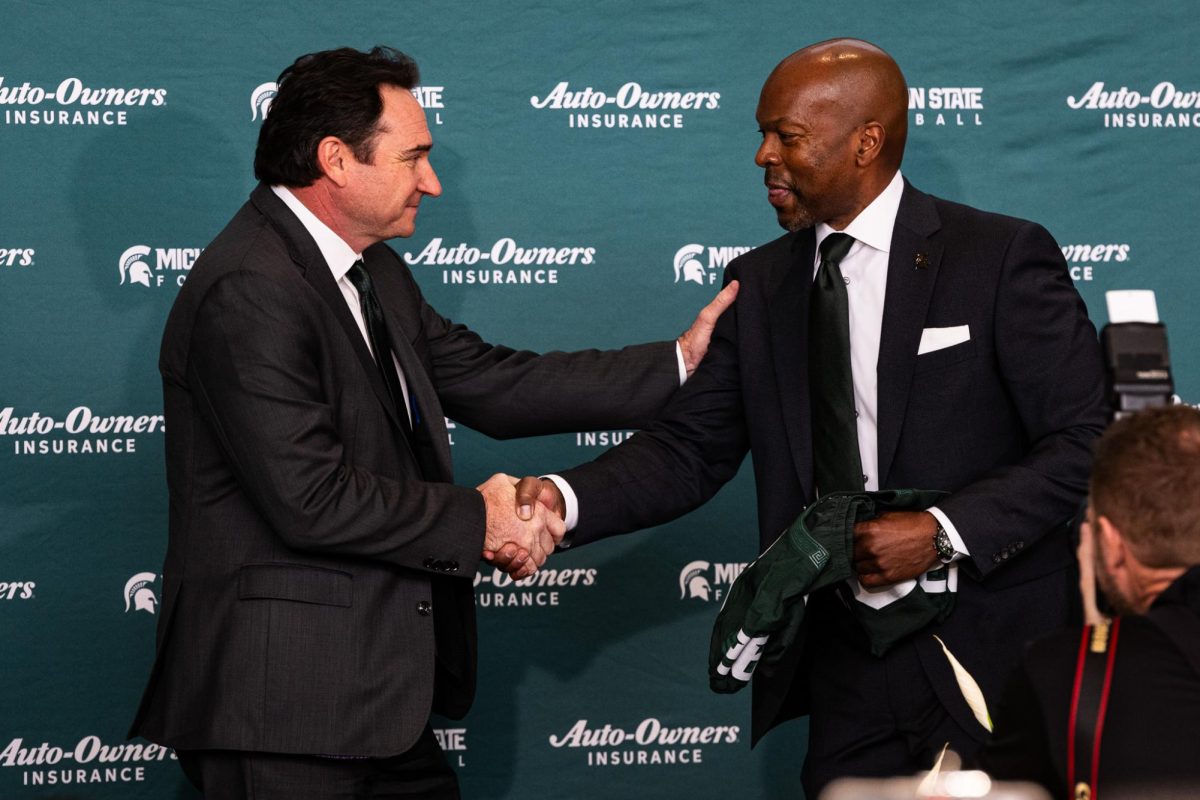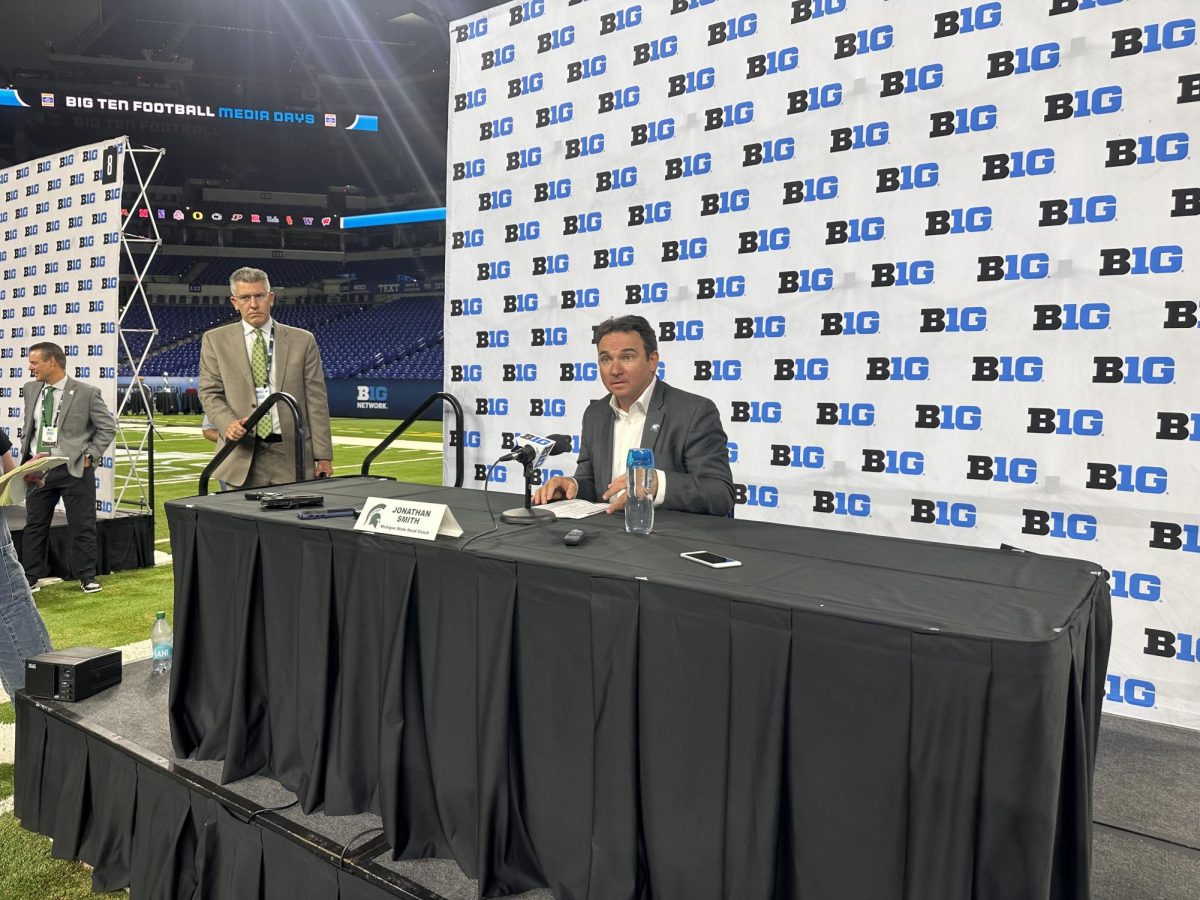“These places are our home but became battle fields” : Students continue to make their voices heard following Michigan State mass shooting
February 19, 2023
Grief and healing are ongoing themes amongst Michigan State students following the mass shooting on Feb. 13. This Friday, students gathered at the Capitol once again to make their voices heard and grieve the loss of Brian Fraiser, Alexandria Verner and Arielle Anderson.
The protest, led by Maya Manuel, began with a moment of silence for the lives lost and those who are still fighting for their lives in the hospital.
“I was not on campus that day but I could have been and my friends were,” senior J.R. Brenner said. “They were barricaded in the music building which was right across the street from everything that was going on.”
Brenner said he was sitting in an apartment listening to the police radio hoping that his friends would be okay. He emphasized that there needs to be more action for change.
“They very well could have easily not been okay and that’s not okay,” said Brenner.
Manuel has been a primary leader during the healing process for MSU students. She has organized several gatherings and protests, assisting students in feeling validated through their experiences and emotions. She has been encouraging students to speak up, be loud and to not let anyone drown their voices out.
“To keep it brief, I’m not going to sugar coat anything… this has been really shitty,” junior Maddy Quinlan said. “I had to call 9-1-1 for someone and that was really hard because she could not call herself because there were people in the hallway that she thought were going to shoot her.”
Quinlan said that she has had a harder time talking to people who are not MSU students about the shooting because it is difficult for them to understand.
“I have been trying to use this, use my voice, for people who can’t and be here for others,” Quinlan said.


